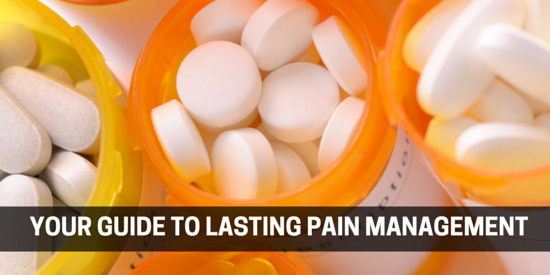Many of the men and women who undergo cosmetic plastic surgery at my Naples, Florida, practice have concerns about pain after surgery. It’s not just the potential discomfort they ask about — they’re also curious about their options for managing it.
Many patients have reservations about taking opioid pain medications, such as oxycodone (Percocet) or hydrocodone (Vicodin, Norco, and Lortab). Although the majority of my patients tolerate these medications well, they have been linked to dependency and unpleasant side effects such as nausea. Some patients wish to avoid them due to existing issues with dependency or previous adverse reactions. The good news is that today’s surgical techniques are more efficient than ever, greatly reducing both the level and the duration of post-surgical discomfort. What’s more, I’ve established a system for keeping patients comfortable after surgery, cutting down on my overall prescription rate for opioids.
I’ve found that the key to reducing patient discomfort as much as possible is beginning a regimen of analgesic pain medication prior to surgery. Opioids aren’t the only option for controlling pain. I typically start each patient on an infusion of a non-steroidal anti-inflammatory (NSAID) drug called keterolac about 2 hours prior to surgery. Most of us regularly use NSAIDs such as aspirin and ibuprofen to treat headaches or backaches at home. Keterolac is simply a stronger form of this drug that can only be administered by physicians. I also administer an anti-inflammatory steroid called dexamethasone, an analgesic called gabapentin, and TYLENOL®. These medications keep working during and after surgery for lasting pain management.
After surgery, I generally prescribe a regimen of oral ibuprofen, gabapentin, and TYLENOL. When combined, these drugs provide substantial pain relief with a low risk of dependency and without significant mental or physical side effects. Although the level of discomfort you can expect depends greatly on the procedure you undergo and your own personal physiology, it’s likely that you’ll be able to transition off your prescribed medicines on or around the fifth day after surgery. During your follow-up appointments, we’ll evaluate your comfort level and make adjustments to your medications if needed.


Leave a Reply